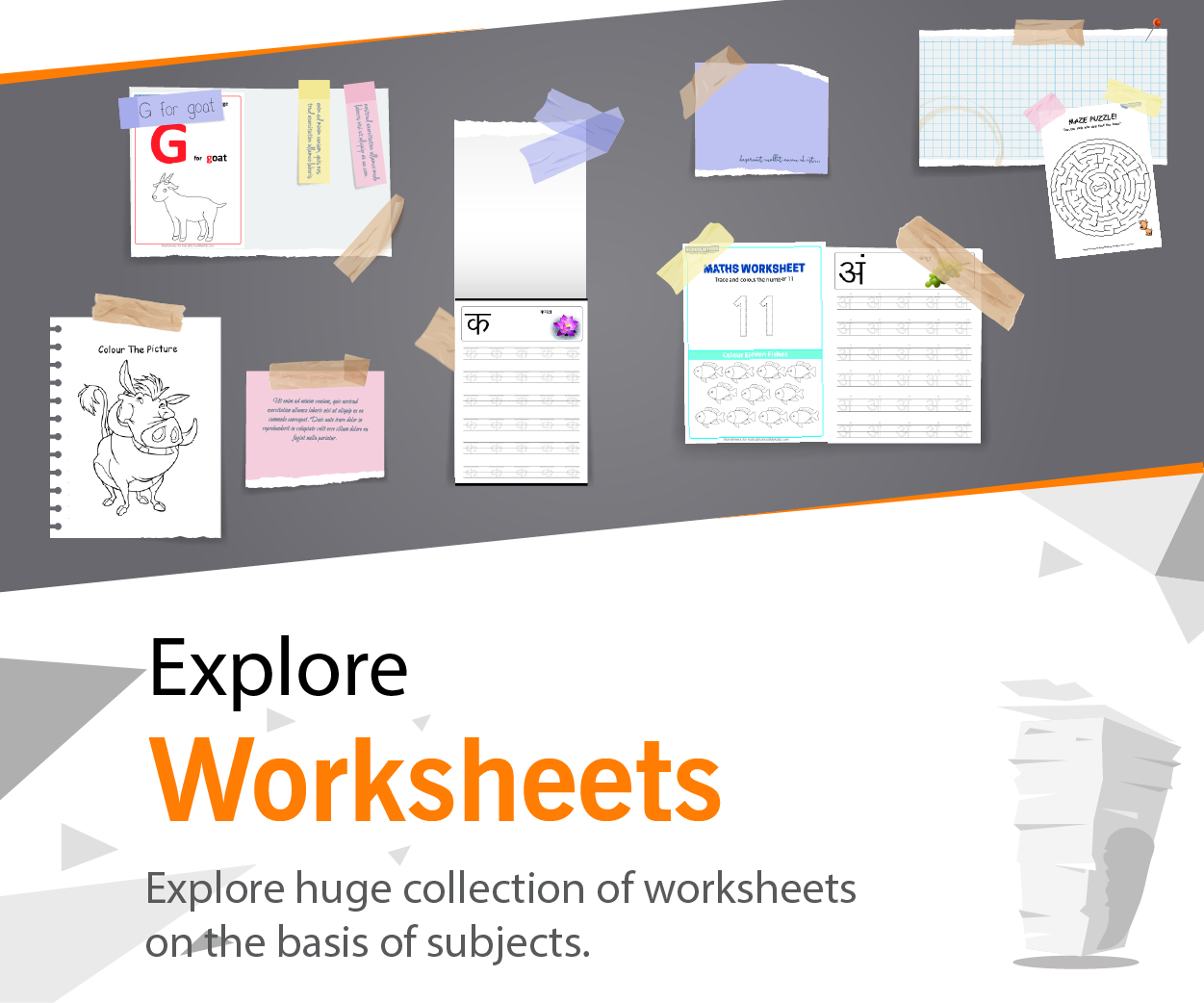Choosing a master's program is more than just selecting a course of study; it's about investing in your future. While following your passion can lead to personal satisfaction and motivation, ensuring that your chosen field has robust job prospects is equally crucial for financial stability and career growth. This balance between passion and practicality is essential for long-term success and fulfillment.
In an ever-evolving job market influenced by technological advancements, economic shifts, and societal changes, understanding how to align your interests with market demands is vital. This article provides a roadmap to help you navigate this decision-making process effectively.
Understanding Your Passion and Interests
Identifying Your True Interests
Before delving into practical considerations, it's essential to introspect and identify what genuinely excites and motivates you. Consider the following steps:
- Reflect on Past Experiences: Think about courses, projects, or jobs that you found particularly engaging.
- Assess Your Strengths: Identify the skills and talents you excel in and enjoy using.
- Explore Hobbies and Extracurricular Activities: Sometimes, your passions lie outside formal education and can guide your academic pursuits.
- Consider Long-Term Goals: Envision where you see yourself in the future and what roles or industries align with that vision.
Importance of Pursuing Passion
Pursuing a field you are passionate about can lead to:
- Higher Motivation and Engagement: Passion fuels persistence and dedication, crucial for overcoming academic and professional challenges.
- Greater Job Satisfaction: Engaging in work you love enhances overall happiness and reduces burnout.
- Enhanced Creativity and Innovation: Passionate individuals are more likely to think creatively and contribute innovative solutions in their fields.
Assessing Practicality: Job Market Trends
Understanding Current Job Market Trends
Staying informed about the job market helps ensure that your investment in a master's degree translates into meaningful employment opportunities. Key areas to consider include:
- Industry Growth: Identify sectors experiencing significant growth and demand for skilled professionals.
- Emerging Technologies: Fields like artificial intelligence, data science, and cybersecurity are rapidly expanding.
- Economic Indicators: Monitor economic reports and forecasts to understand which industries are resilient and expanding.
- Geographical Demand: Job opportunities can vary by region, so consider where your skills are in demand.
Analyzing Future Job Prospects
While current trends are important, it's equally crucial to anticipate future developments:
- Technological Advancements: Automation and AI may create new job roles while rendering some obsolete.
- Globalization: Increased global interconnectedness can expand job markets but also heighten competition.
- Societal Changes: Shifts in demographics, consumer behavior, and societal needs can influence job demand.
Key Metrics and Data Sources
To assess job market trends effectively, utilize reliable data sources:
- Government Reports: Agencies like the Ministry of Labour and Employment in India provide comprehensive labor market data.
- Industry Publications: Journals and reports from professional bodies offer insights into specific sectors.
- Job Portals and Surveys: Platforms like Naukri, LinkedIn, and Glassdoor publish annual reports on hiring trends and salary benchmarks.
- Educational Institutions: Universities often conduct career outcome surveys for their graduates.
Strategies to Balance Passion and Practicality
Self-Assessment
Conducting a thorough self-assessment is the first step in balancing passion and practicality:
- Strengths and Weaknesses: Understand your capabilities and areas for improvement.
- Values and Priorities: Determine what matters most to you—be it job security, income potential, work-life balance, or personal fulfillment.
- Personality Traits: Consider how your personality aligns with different fields and work environments.
Research and Data Analysis
Informed decision-making relies on comprehensive research:
- Market Demand: Identify which master's programs lead to high-demand careers.
- Program Outcomes: Investigate employment rates, average salaries, and career progression of graduates from specific programs.
- Curriculum Relevance: Ensure that the program curriculum aligns with current industry standards and future trends.
Consultation and Networking
Engaging with professionals and mentors can provide valuable perspectives:
- Speak with Alumni: Connect with graduates of the programs you're considering to gain firsthand insights.
- Industry Experts: Consult with professionals in your desired field to understand the skills and qualifications that are most valued.
- Career Counselors: Utilize the expertise of career advisors to navigate your options effectively.
Flexibility and Adaptability
The ability to adapt is crucial in a dynamic job market:
- Interdisciplinary Programs: Consider programs that offer flexibility to combine multiple interests and skills.
- Continuous Learning: Be prepared to engage in lifelong learning to stay relevant in your field.
- Skill Diversification: Develop a diverse skill set that can open doors to various roles and industries.
Case Studies: Successful Balancing of Passion and Practicality
Case Study 1: From Fine Arts to Digital Marketing
Background: An individual passionate about fine arts desired a career that allowed creative expression but recognized the limited job market in traditional fine arts.
Solution: They pursued a master's in Digital Marketing with a focus on creative content development. This blend allowed them to leverage their artistic skills in a thriving industry.
Outcome: Secured a role as a Creative Director in a leading marketing firm, combining passion with market demand.
Case Study 2: Transitioning from Psychology to Data Science
Background: A psychology graduate interested in data analysis realized the growing importance of data science in behavioral research.
Solution: Enrolled in a master's program in Data Science, integrating psychological research with data analytics.
Outcome: Became a Data Analyst in a healthcare organization, utilizing both psychological insights and data skills.
Top Master's Programs That Align Passion with Market Demand
Choosing a master's program that intersects your interests with job market needs can significantly enhance your career prospects. Below are some of the top programs that offer this balance across various fields.
Data Science and Analytics
Why It Balances Passion and Practicality: Combines mathematical prowess and analytical skills with diverse applications in industries like finance, healthcare, and technology.
Top Universities:
- India: Indian Institute of Technology (IIT) Bombay, Indian Statistical Institute (ISI) Bangalore
- Global: Stanford University (USA), University of California, Berkeley (USA)
Healthcare Administration
Why It Balances Passion and Practicality: Merges a passion for healthcare with management skills, addressing the growing need for efficient healthcare systems.
Top Universities:
- India: Tata Institute of Social Sciences (TISS) Mumbai, Manipal University
- Global: Johns Hopkins University (USA), University of Manchester (UK)
Environmental Studies
Why It Balances Passion and Practicality: Focuses on sustainability and environmental protection, aligning with global priorities and policy developments.
Top Universities:
- India: Indian Institute of Science (IISc) Bangalore, Jamia Millia Islamia University
- Global: University of Cambridge (UK), Yale University (USA)
Digital Marketing
Why It Balances Passion and Practicality: Combines creativity with data-driven strategies, essential in the digital age for businesses across all sectors.
Top Universities:
- India: Symbiosis Institute of Business Management (SIBM) Pune, Narsee Monjee Institute of Management Studies (NMIMS) Mumbai
- Global: New York University (USA), University of Melbourne (Australia)
Cybersecurity
Why It Balances Passion and Practicality: Addresses the critical need for security in an increasingly digital world, offering high job demand and competitive salaries.
Top Universities:
- India: Indian Institute of Technology (IIT) Delhi, International Institute of Information Technology (IIIT) Hyderabad
- Global: Carnegie Mellon University (USA), ETH Zurich (Switzerland)
Creative Arts with a Business Focus
Why It Balances Passion and Practicality: Allows individuals to pursue creative endeavors while understanding the business aspects necessary for success in the arts industry.
Top Universities:
- India: National Institute of Design (NID) Ahmedabad, Srishti Institute of Art, Design and Technology Bangalore
- Global: Savannah College of Art and Design (USA), Royal College of Art (UK)
Tools and Resources for Decision-Making
Utilizing the right tools and resources can streamline your decision-making process:
Online Platforms and Databases
- LinkedIn Learning: Offers courses and insights into various fields and industries.
- Coursera and edX: Provide access to courses from top universities, allowing you to explore subjects before committing.
- Naukri, LinkedIn, Glassdoor: Useful for researching job trends, salaries, and company reviews.
Career Assessment Tools
- Myers-Briggs Type Indicator (MBTI): Helps understand your personality type and suitable career paths.
- Strong Interest Inventory: Assesses your interests and matches them with potential careers.
- Career Aptitude Tests: Evaluate your skills and strengths to suggest compatible fields.
Professional Associations and Forums
- LinkedIn Groups: Join groups related to your field of interest to network and gain insights.
- Professional Bodies: Organizations like the Data Science Association or the American Marketing Association offer resources and networking opportunities.
- Reddit and Quora: Participate in discussions and seek advice from professionals in your desired field.
Conclusion
Choosing a master's program that harmonizes your passion with practical job market trends is a strategic move toward a fulfilling and successful career. By thoroughly assessing your interests, understanding market demands, and utilizing available resources, you can make an informed decision that aligns with both your personal aspirations and professional goals.
Remember, the key to balancing passion and practicality lies in continuous self-assessment, adaptability, and a commitment to lifelong learning. As industries evolve and new opportunities emerge, staying informed and flexible will empower you to navigate your career path effectively.







